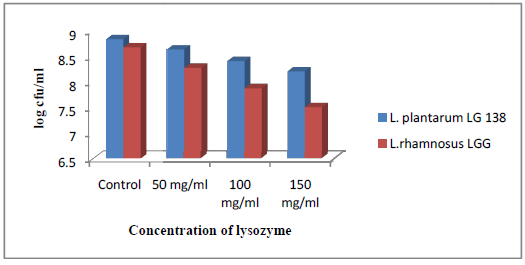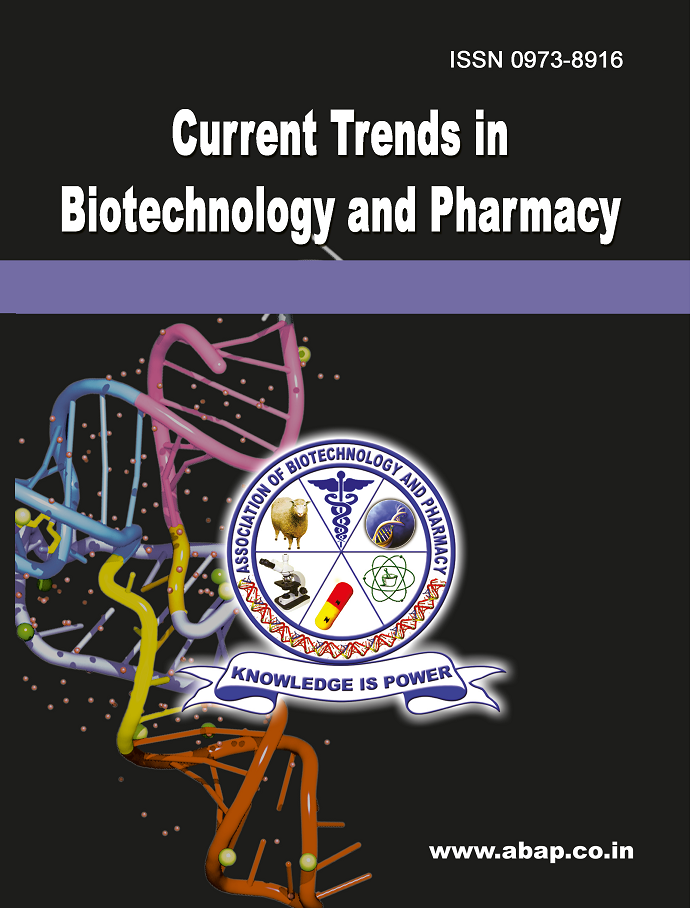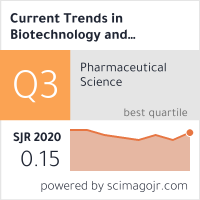Probiotic Characterization of Primate Origin Lactiplantibacillus plantarum LG138
DOI:
https://doi.org/10.5530/ctbp.2024.4s.12Keywords:
Lactic acid bacteria, primate, animal, probiotics, characterizationAbstract
This study was aimed to characterize previously isolated lactic acid bacteria Lactiplantibacillus plantarum LG138 from primate feces for its probiotic potential. The ability of the isolate to withstand different in vitro gastrointestinal stresses was assessed over a period of time i.e. at pH 2.0 and 3.0, bile salts (0.5, 1.0 and 2.0 %) and lysozyme (50,100, 150 mg/ml). Further the L. plantarum LG138 was tested for hydrophobicity, auto-aggregation and co-aggregation abilities, coexistence, exopolysaccharide production and hemolytic activity. The isolate demonstrated significant growth in the presence of different types of artificialdigestive conditions (low pH, bile and lysozyme).Furthermore, oxbiledid not affect the viability of L. plantarum LG 138 cells compared to the control. The isolate L. plantarumLG138 exhibited 65.7 ± 0.32 % auto-aggregation after 24 h incubation. The hydrophobicity test found the culture moderately hydrophobic (35 to 69 %) forhexadecaneand highly hydrophobic (70 to 100 %) for toluene and xylene. Moreover, it was observed to co-aggregate (66.13 ± 0.18 %) with a pathogen, Shigellaflexneri, without antagonizing other probiotic bacteria. L. plantarumLG138 was found to be able to produce exopolysaccharide and found to be non-hemolytic. These findings highlight the potential of L. plantarum LG138 as a promising probiotic candidate, suitable for incorporation into pelleted orgranulated animal feed formulations.



